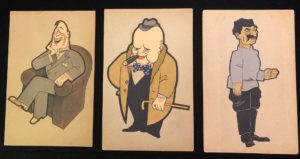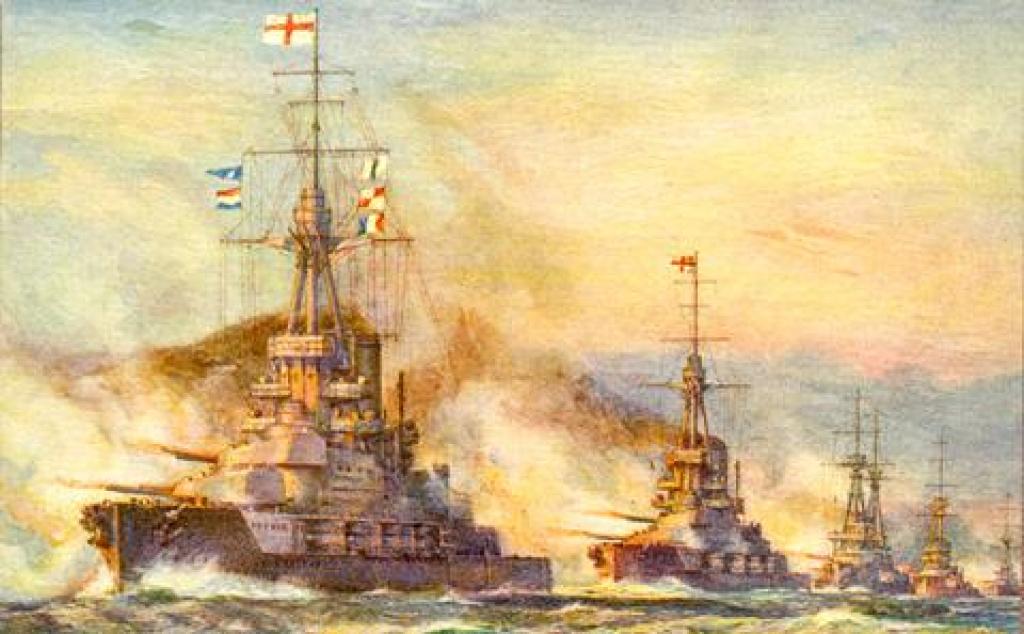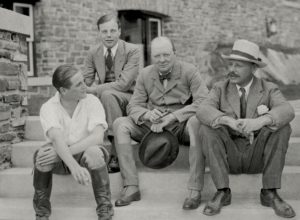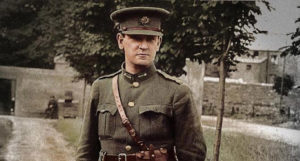
Bulletin #171 — Aug 2022
The Guns of August

July 30, 2022
Outbreak of War, 1914
By WINSTON S. CHURCHILL
In the first volume of The World Crisis, Winston Churchill’s memoir of the First World War, he described the scene and the actions he took as First Lord of the Admiralty on the night of 4 August 1914, when war was declared against Germany.
Now after all the stress and convulsion of the preceding ten days, there came to us at the Admiralty a strange interlude of calm. All the decisions had been taken. The ultimatum to Germany had gone: it must certainly be rejected. War would be declared at midnight.
As far as we had been able to foresee the event, all our preparations had been made. Mobilization was complete. Every ship was in its station: every man at his post. All over the world, every British captain and admiral was on guard. It only remained to give the signal.

2025 International Churchill Conference
In the War Room of the Admiralty, where I sat waiting, one could hear the clock tick. From Parliament Street came the murmurs of the crowd; but they sounded distant, and the world seemed very still. The tumult of the struggle for life was over: it was succeeded by the silence of ruin and death. We were to awake in Pandemonium.
The minutes passed slowly.
Once more now in the march of centuries, Old England was to stand forth in battle against the mightiest thrones and dominations. Once more in defence of the liberties of Europe and the common right must she enter upon a voyage of great toil and hazard across waters uncharted, towards coasts unknown, guided only by the stars. Once more “the far-off line of storm-beaten ships” was to stand between the Continental Tyrant and the dominion of the world.
It was 11 o’clock at night—12 by German time—when the ultimatum expired. The windows of the Admiralty were thrown wide open in the warm night air. Under the roof from which Nelson had received his orders were gathered a small group of Admirals and Captains and a cluster of clerks, pencil in hand, waiting. Along the Mall from the direction of the Palace the sound of an immense concourse singing “God Save the King” floated in. On this deep wave there broke the chimes of Big Ben; and, as the first stroke of the hour boomed out, a rustle of movement swept across the room. The war telegram, which meant “Commence hostilities against Germany,” was flashed to the ships and the establishments under the White Ensign all over the world.
I walked across the Horse Guards Parade to the Cabinet room and reported to the Prime Minister and the Ministers who were assembled there that the deed was done.
Subscribe
WANT MORE?
Get the Churchill Bulletin delivered to your inbox once a month.





